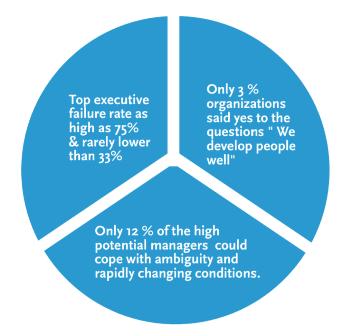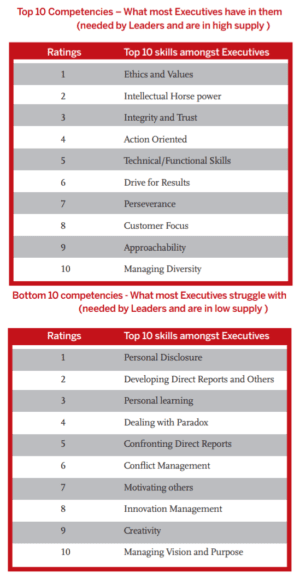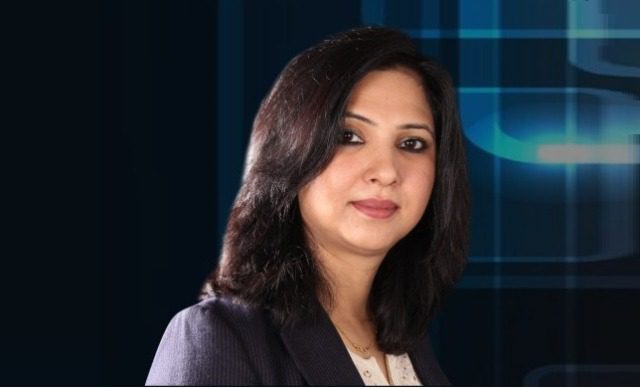Last year I started to read the Trilogy of Siva written by Amish Tripathi and then of course his writing style and the logical way of describing our civilization and systems back then inspired me to read his Ram Chandra series as well.
Being an HR professional what particularly drew my attention was the role of the leaders and the process of appointing them in different eras. The emergence of Vishnus to take the country towards the path of good and the appointment of Mahadevas to end the evil. Whether it is fiction or was a reality I can’t tell for sure however I had my 3 takeaways from these books.
- The Need of young leaders for tomorrow and the future beyond.
- The Attributes or the competencies of these leaders.
- The system to develop such leaders.
Human civilization has always thrived on capable leaders. There have been leaders who have led businesses successfully through various economic revolutions and we now see leaders who are leading the digital revolution. The times and techniques have been changing but the role as a leader has been pretty defined in various eras or ages. Set up the vision, inspire people to follow, navigate through tough times, transform organizations and cultures, move away from outdated practices and embrace the change.
More than ever the demand of leaders who can deal with change, ambiguity and fragmentation is increasing but the supply of people who can do these things is pretty much what it has always been. The below statistics show the same:

There have been thousands of articles talking about VUCA world, the speed of change, characteristics of Gen Y and Z, the info age and the leadership competencies needed to deal with these. The question looms large as to what kind of leaders are needed for this age and how do we groom the leaders for tomorrow?
But in my opinion this whole topic of predicting the kind of competencies that will be needed in the future and that they will be very different from today is a bit overrated.
While the pace of change is much higher than it has been ever before and the nature of change is also changing, the fundamentals remain fairly constant. Yes I am mindful that the tools, environment technology would drastically change however the context will still remain the same has always remained the same from ages.
What I mean by fundamentals are the fundamental leadership attributes and the systematic process to develop leaders in an organization. No one knows what specific challenges we will face in 2050, but we can have a fair idea of what the leaders who can meet those challenges will look like. To develop the men and women who can lead us going forward we need to rely on the fundamentals which stay fairly constant and those can be – the core competencies needed in order to be successful leaders and the process of developing these leaders for tomorrow.
When I say leadership competencies I would limit myself here in this article to those of the top notch leaders or executives. I read a book “The leadership Machine” and was astonished to learn the leadership competencies that are in high supply and the ones which are rare in the population globally. The data below can help organizations to understand which ones are “price- of admission” (important and commonly found) and which are going to give your organization a competitive edge (important and uncommon) that means need to develop.

Many of the these competencies are personal and interpersonal in nature. This data can be kept in mind to address the most important question – How do we develop leaders for tomorrow?
There are 3 key players who could support us on this. Family, Academia and business.
Let’s start with the family as that’s our first school. What families or parents can teach kids is empathy and sharing. Being sensitive to others and being open with their thoughts. Communicating openly and honestly. Helping them trust others. This will support them in honing the personal disclosure competency.
One of the biggest learning that parents can give to their children is to always be a child all their life… that means never stop learning. This will be fairly well understood by our generation Z and the other generations to come who want to keep trying and learning different things.
My Son suddenly took a liking to Telugu language and we belonging to the Northern part of the country had no clue of the language. One day when we were asking him some questions he responded to us in a language we did not understand. I was watching him see some Telugu movies and noting words in his rough notebook, imitating Telugu heroes and listening to Telugu songs. What was pleasing though was his desire to learn the language and taking help from Mr. Google and Ms. You tube for the same. And what we saw was he speaking fluently within weeks. Moral of the story is that if we encourage our kids to keep learning new things it will help them develop the Personal learning competency.
Dreaming big and setting their own vision right from the childhood is another gift we can give our children. In life whether they lead others or not but they will always have one person to lead and that’s themselves.
“Education is not the filling of a pail but the lighting of the fire” – William Butler
Schools on the other hand can be machines that can create great leaders. Kindling the creative minds and not just filling them with knowledge and information. Urging them to ask questions and allowing them to be different, unique or their own self is what the academia can support our young leaders in . This can help them develop the competencies such as Innovation management creativity and dealing with paradox.
Business /organizations can further hire these leaders and groom them to be great leaders. Buddying these young leaders with seasoned ones, exposing them to varied business challenges, evaluating and rewarding them basis the successors they develop and the projects where they dare to try but manage the risks are some ways organizations can nurture the leaders for tomorrow.
Author- Ruchi Ahluwalia is currently the Director HR in Scania Commercial Vehicles Pvt. Ltd. An astute HR leader and Business Partner , certified Senior Professional in Human Resources (SPHR) from HRCI , with over 16 years of core HR experience across various industries, immense passion, ability and organisational skill to make human resource a competitive advantage for the business. Champion in designing and implementing HR initiatives in alignment with the organization and business strategy to achieve operational excellence, attain performance objectives and steer overall organizational advancement.









